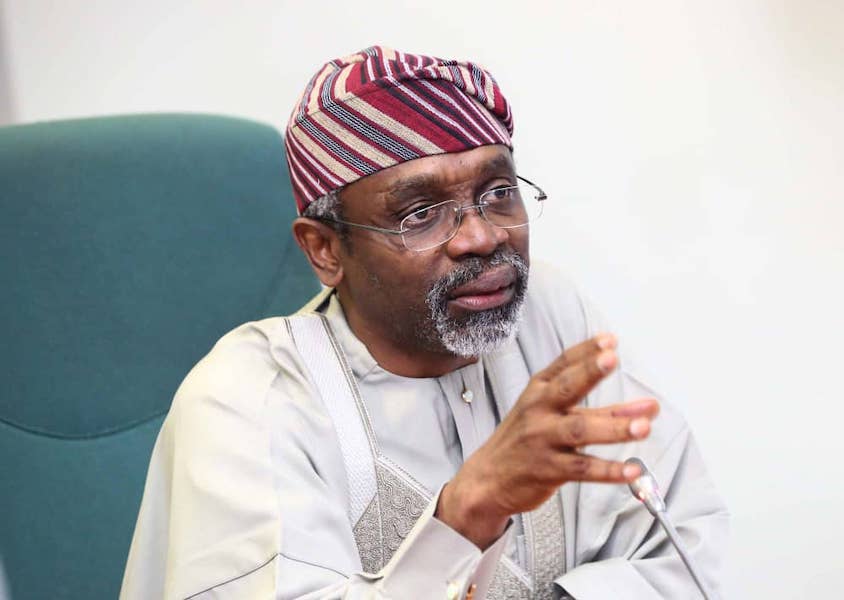The Speaker of the House of Representatives, Femi Gbajabiamila, has condemned President Muhammadu Buhari’s decision on the old and new naira notes.
WITHIN NIGERIA recalls that, in an early morning broadcast on Thursday, the President declared that old 200 naira notes would coexist with new notes until April 10. Old 1000 and 500 naira notes, on the other hand, were no longer legal tender.
While praising Buhari for his prompt intervention, Gbajabiamila insisted that the old N1,000, N500, and N200 notes were still legal tender.
“It is not in our country’s best interests for the Federal Government to act in ways that suggest a willful disregard for the rule of law,” he said.
In a statement issued on Thursday and personally signed by him, the speaker argued that the Central Bank of Nigeria failed to publicly admit an error in the apex bank’s monetary policy.
He insisted on three prerequisites for the CBN to recall existing naira notes.
According to him, the first requirement is that the President’s permission be obtained, the second that reasonable notice be provided, and the third that the apex bank pay the face value of the recalled currency upon receipt.
Whereas reasonable people may disagree as to whether sufficient notice was given for the implementation of this policy, it is evident that the CBN has failed woefully in its statutory obligation to pay the face value of the recalled currency in the form that is useful to the citizens whose current suffering could have been avoided, he stated.
Gbajabiamila said;
Today, citizens and visitors are experiencing grave and unnecessary hardship across our country. They spend hours and days queuing at banks and teller machines to receive stipends of their own money to afford life’s necessities.
This situation is a consequence of the flawed implementation of the naira redesign policy by the Central Bank of Nigeria. It is also the result of decisions made by the Central Bank’s Governor, Mr Godwin Emefiele, to refuse counsel, be guided by precedent or abide by the decisions of superior courts.
Section 20(3) of the Central Bank of Nigeria Act, 2007 provides the statutory authority for the Central Bank of Nigeria to initiate and implement policies for the recall of Nigerian currency. The extant provision is reproduced below: Notwithstanding subsections (1) and (2) of this section, the Bank shall have power, if directed to do so by the President and after giving reasonable notice in that behalf, to call in any of its notes or coins on payment of the face value thereof and any note or coin with respect to which a notice has been given under this sub-section, shall, on the expiration of such notice cease to be legal tender, but, subject to section 22 of this Act, shall be redeemed by the Bank upon demand.
Gbajabiamila added that the scarcity of cash is happening “because the CBN did not sufficiently replace the old currency it pulled out of circulation across the country.” According to him, this created an artificial scarcity that “put significant additional pressure on the already epileptic electronic banking channels, resulting in a near-complete collapse of trade in the country.”
He stressed that businesses cannot operate as neither they nor their customers have access to cash while the electronic banking platforms “appear to have uniformly collapsed.”
